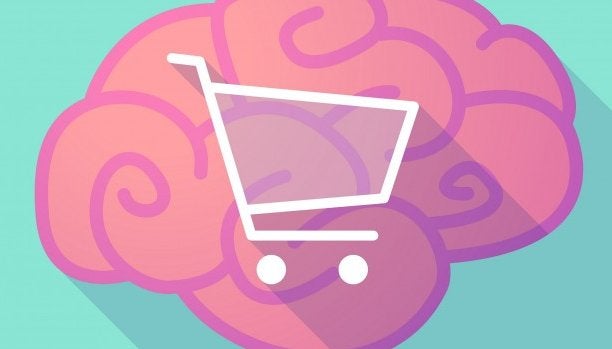Shopping has become for many people a kind of leisure, fun or entertainment program, a reality that can only be built later in the context of a consumer society, but it has not always been so. Before the purchase was a matter of necessity and supply, part of the routine only for the normal functioning of life, but today, however, going from store to store is a relaxation ritual for many, which dispels other problems, restores mood or even a type of therapy.
It is not the personal tastes or preferences of the people that have given rise to this pleasure of buying, but quite the opposite: the new forms of economy and market have given rise to new tastes and preferences in the way of enjoying leisure time. has a lot of influence on this habit, which makes products redundant when needed.
“Anyone who buys the superfluous will soon have to sell what they need. -Benjamin Franklin-
Supermarkets used to be organized so that the customer could easily find what they were looking for and ready, now they have become architectural monuments, with a wide range of facilities and fun opportunities, function essentially as great entertainment centers and have become social references. .
It is a fact that we live in a consumer society and that we all participate at a certain level to maintain that impulse, another fact is that no matter how austere we are, buying something brings us some kind of satisfaction, in addition to the need. that in the end we have to buy something, buying also gives us a sense of power and abundance difficult to achieve with other activities.
There is research showing that the brain feels good when it comes to buying, a phenomenon observed in a Brunel University survey: look at something you like, look at it, pick it up and buy active brain areas that release dopamine. is getting better and we are happier with this neurotransmitter. This relationship has already been proven.
On the other hand, the brain also reacts in this way through other stimuli, mood also improves when we do sport or rewarding activities like dancing, the same happens if someone makes you a compliment that you consider sincere or if you are immersed in reading. Has the market tried, however, to stereotype satisfaction, make it synonymous with shopping malls?That’s what interests the market in a consumer society.
There is nothing terrible about buying consciously and responsiblely, we need certain things to live comfortably, so it is positive to look for them, difficulties arise if the walk to the mall aims to escape a feeling of discomfort that could be handled differently In these cases, shopping helps to improve the mood by activating dopamine, as we said, but only help to cover up the problem and , worse still, to create another problem.
Think that inconvenience can happen when you look at storefronts, walk in and out of the locker room, or wonder when you’re going to start putting on your clothes while you pay for it, but how will you feel after these brief moments, better or worse than before?
It has become common in our consumerist context to hear people say they are going to buy because they are depressed and need to improve a little. This purchase is your therapy to forget about problems. Shopping malls have become a place to forget life and soothe the oppressed. Hearts. Buying products helps us forget that we are limited, limited and problematic.
With all these problems, it’s not uncommon for someone to spend all their free time visiting malls or shops, nor is it strange that they experience a wave of frustration when they can’t do that little hobby on their own, or that they work harder to be able to have the money to keep this lifestyle very high.
Credit cards are the perfect complement to this program, just a decade ago credit cards were used by people who had businesses or had a lot of income, from now on any bank offers a card at any time, making this flow of shopping is unrealistic. as easy as possible. The card removes obstacles when buying, because while you are shopping you do not see what you are spending. We left the store in debt, but ignorant and happy.
Inadvertently, life becomes impoverished and lost in many ways, much of the income ends up being lost by paying the debts of previous months on the card, in addition, it is difficult to enjoy other pleasures.
We find no satisfaction in free activities that do not involve any transactions, without knowing how we pass control to the marketers, in the end it is you who pays: what you bought, what you stopped passing and the consequences of the unresolved conflicts that we try to hide by spending money and resources on many things we don’t need.

